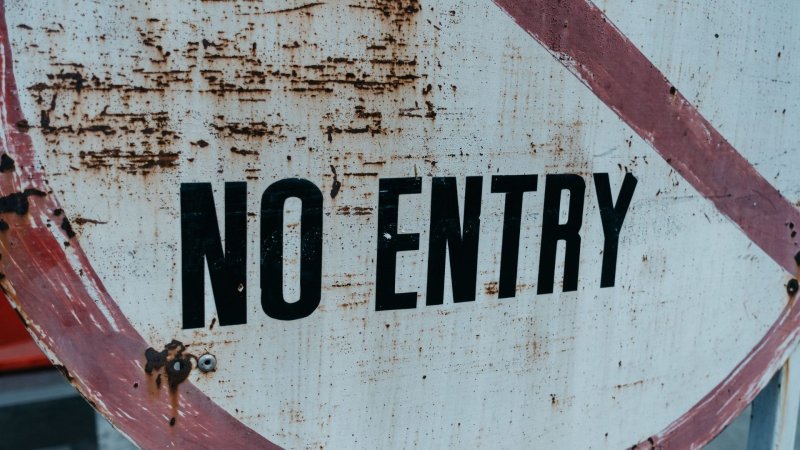
Introduction:
The Republic of Turkey reserves the right to prohibit the entry of certain foreigners into the country to protect its national security, public order, and public health. Law No. 6458 on Foreigners and International Protection (LFIP) explicitly regulates the circumstances under which an entry ban (also known as a restriction code or deportation order) may be imposed on foreigners, the duration of this ban, and its consequences. This article will examine entry ban decisions within the framework of Articles 9 and 10 of the LFIP and your rights against such decisions.
1. Who Can Be Banned from Entering Turkey? (LFIP Art. 9/1)
The Directorate General (Presidency of Migration Management), after obtaining the opinions of relevant public institutions and organizations, may ban the entry of foreigners into Turkey in the following situations:
2. Entry Ban Imposed on Deported Foreigners (LFIP Art. 9/2)
As a rule, foreigners deported from Turkey for various reasons (visa violation, illegal work, disturbing public order, etc.) are subject to an entry ban imposed by the Directorate General or governorates. This is one of the most frequently encountered types of entry bans.
3. What is the Duration of an Entry Ban? (LFIP Art. 9/3)
The duration of an entry ban to Turkey is a maximum of five years. However, if there is a serious threat to public order or public security, this period may be extended by the Directorate General for a maximum of ten more years. Therefore, in some cases, the total ban period can extend up to 15 years.
4. Is it Possible to Mitigate or Lift an Entry Ban?
Yes, the LFIP allows for flexibility in certain situations:
5. Notification of Entry Ban Decision and Legal Remedies (LFIP Art. 10)
Notification regarding an entry ban is served by the competent authority at the border gates to foreigners covered by LFIP Article 9/1 upon their arrival to enter Turkey; and by governorates to foreigners covered by Article 9/2 (deported foreigners). The notification must also include information on how foreigners can effectively exercise their right to appeal the decision and their other legal rights and obligations during this process. A foreign national has the right to file an annulment lawsuit in an administrative court against an entry ban decision.
6. What Happens if Entry is Made to Turkey While an Entry Ban is in Effect?
According to LFIP Article 102/1/b, an administrative fine of one thousand Turkish Liras (this amount may be increased annually according to the revaluation rate) is imposed on those who have managed to enter Turkey despite being banned from entry, and such persons are generally deported again.
Conclusion and Legal Assistance:
An entry ban decision to Turkey is a significant administrative action that can severely affect foreigners' freedom of travel and ties with Turkey. If you have an entry ban decision against you or are at risk of facing such a decision, it is crucial to understand your legal rights and seek professional legal assistance for matters such as applying for the lifting or shortening of the ban, or appealing the decision.
As SKF VISION LAW, we provide expert legal consultancy and representation services to our clients in appeal processes against entry ban (restriction code) decisions to Turkey, applications for lifting bans, and all related administrative lawsuits. To avoid loss of rights, contact us.
DISCLAIMER: This article has been prepared for general informational purposes based on the legal provisions in effect at the time of its writing. Foreigners law (or: Immigration Law) is a frequently updated and complex field. Due to potential changes in legislation, it is possible that the information in this article may become outdated. Therefore, before taking any legal action or making any decision, it is of vital importance that you obtain current and personalized consultation from a lawyer specializing in foreigners law (or: immigration law). This article does not constitute legal advice.